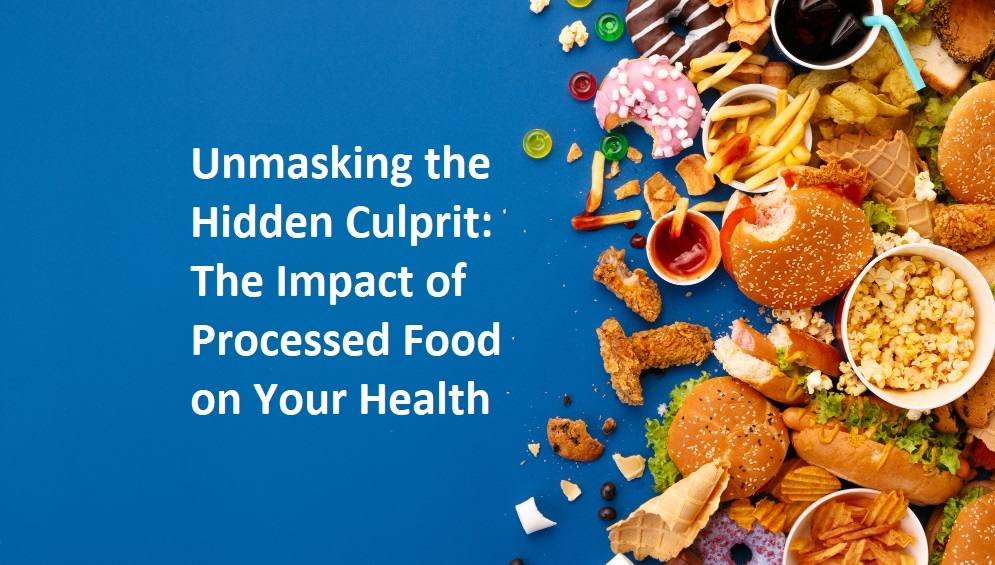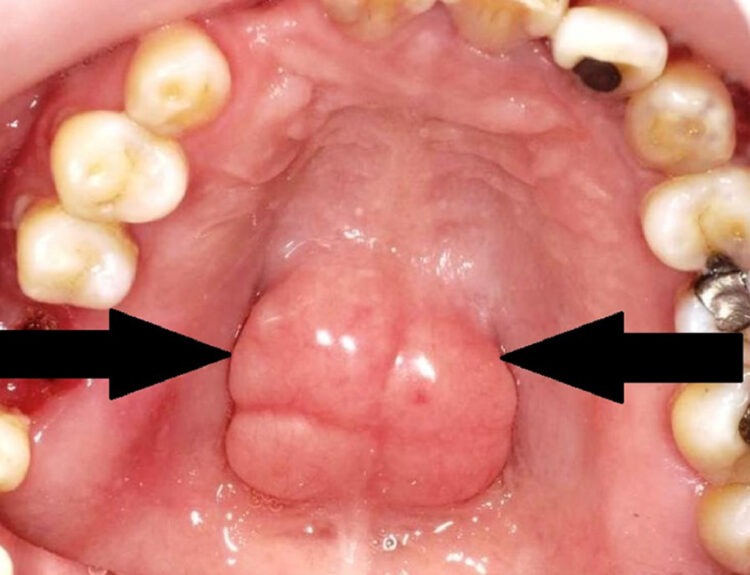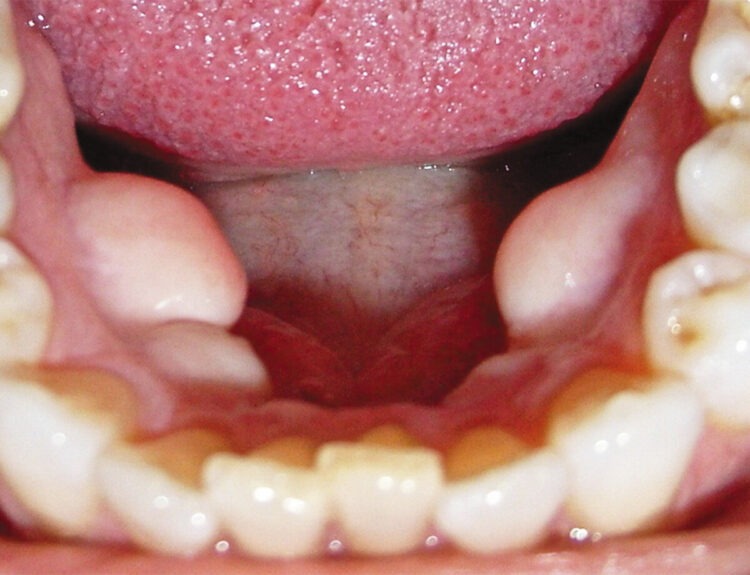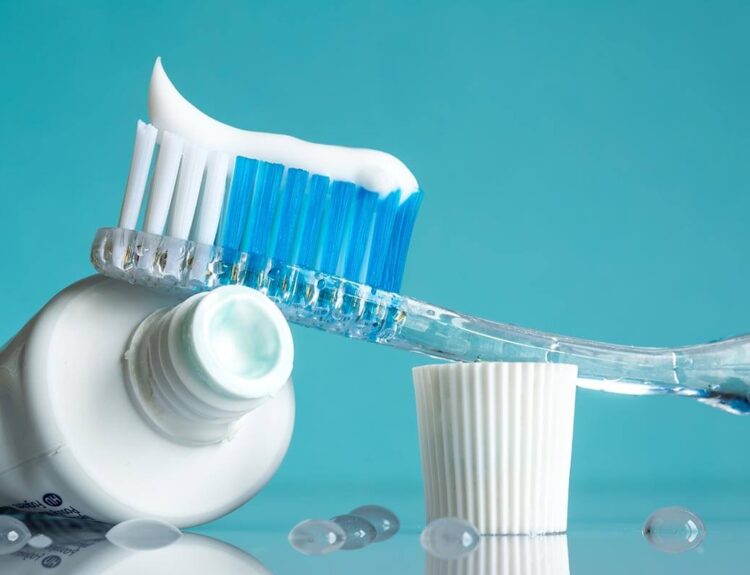Processed foods have become a regular part of modern life. From ready-to-eat meals and sugary drinks to packaged snacks and fast food, they offer convenience, taste, and affordability. However, this convenience comes at a cost; especially for our oral health. The mouth is the very first place where food interacts with the body, and the type of food we consume plays a major role in shaping our oral hygiene, dental disease risk and generalized well-being.
What Are Processed Foods?
Processed foods are items that have undergone changes during preparation, packaging, or preservation. They include Sweetened beverages, Biscuits, chips and packaged snacks, Fast food and deep-fried items, Frozen meals, Canned foods, Bread, pastries, and refined carbohydrates
Many of these foods are high in sugar, salt, unhealthy fats, artificial additives, and preservatives. While not all processed foods are harmful, frequent consumption of heavily processed items significantly increases the risk of dental diseases.
Processed Foods & Tooth Decay
One of the most well-established effects of processed food on oral health is an increased risk of tooth cavity. Highly processed foods contain added sugars, refined carbohydrates and sticky substances that easily adhere to tooth surfaces like Candies and chocolates, Sweet breads and pastries, Sugary cereals, Carbonated drinks and Fruit juices with added sugar.
When these foods are consumed, bacteria in the mouth convert sugars into acids. This acid attacks the enamel, the protective outer layer of the tooth, leading to demineralization and, eventually, cavities.
Why processed foods increase decay risk:
They create a favorable environment for acid-producing bacteria most of which are sticky and remain longer on the teeth.They reduce cleansing effect of saliva.
Processed foods encourage frequent snacking due to easy availability. It also increases acid attacks throughout the day.
The continuous cycle of sugar intake and acid exposure weakens enamel and accelerates tooth decay, especially in children and adolescents who consume processed foods more frequently than elders.
Effect on Gum Health
Processed foods do not only harm the teeth; they also affect the gums. Diets high in processed items lack essential vitamins, antioxidants and minerals needed for healthy gum tissues. Instead, they contain inflammatory components such as trans fats, high sodium and artificial additives.
How processed food affects the gums:
Low nutritional value weakens the immune response.
High sugar levels increase inflammation in gum tissues.
Additives and preservatives may disturb the friendly oral microorganism.
Salt-heavy foods may cause dehydration, reducing saliva flow.
A diet poor in fresh vegetables, fruits, and whole grains deprives the gums of vitamin C, omega-3 fatty acids, and antioxidants. They are all crucial for preventing gum bleeding, swelling, and infection.
Saliva Reduction and Its Consequences
Saliva plays a vital role in oral health. It neutralizes acids, cleanses the mouth, contains minerals that protect enamel, supports healthy oral microorganisms.
However, many processed foods, especially salty snacks, caffeine-rich drinks, and sugary sodas, can reduce saliva production or change its quality.
Low saliva levels (xerostomia) lead to:
Rapid tooth decay
Higher bacterial growth
Difficulty chewing and swallowing
Increased risk of fungal infections
Bad breath
Dehydration caused by processed foods intensifies this problem. A dry mouth becomes an ideal environment for harmful bacteria.
Damage to Oral Microorganism
The mouth hosts a delicate balance of beneficial bacteria that help protect teeth and gums. Processed foods, especially those loaded with sugar and chemical additives, disturb this balance, promoting the overgrowth of harmful bacteria.
Consequences of a disturbed oral microbiome include more dental plaque formation, Chronic inflammation, greater susceptibility to oral infections, increased risk of cavities and gum disease. A disrupted oral microbiome also affects general health as harmful bacteria from the mouth can travel to other body systems.
Impact of Acidic Processed Foods and Drinks
Many processed beverages and foods are highly acidic. They include soft drinks, energy drinks, citrus-flavored packaged juices, vinegar-containing snacks, Pickled processed foods. High acidity erodes enamel, even when sugar is not present. Enamel erosion leads to:
Sensitivity to hot and cold
Yellowing of teeth due to exposed dentin
Higher risk of decay
Cracking or chipping of teeth
Effects worsen when acidic drinks are sipped over long periods, creating continuous acid exposure.
Processed Food and Children’s Oral Health
Children are the highest consumers of processed foods, making them more vulnerable to:
Early Childhood tooth decay
Misaligned teeth due to soft diets that don’t require chewing
Nutritional deficiencies affecting tooth development
Bitter taste preference loss because of constant exposure to sugar
Soft processed foods also reduce the need for chewing hard, fibrous foods, a natural way to stimulate saliva and clean teeth.
Hidden Sugars
Many people underestimate their sugar intake because processed foods contain hidden sugars. They include High fructose corn syrup, Dextrose, Maltose, Corn syrup solids, Glucose-fructose syrup, Modified starches. Even savory snacks, sauces, and processed meats may contain added sugar. These hidden sugars contribute significantly to tooth decay and gum inflammation.
Long-Term Risks of a Processed-Food Diet
A long-term diet dominated by processed foods may lead to:
Chronic gum disease
Premature tooth loss
Recurrent dental infections
Erosion and sensitivity
Increased dental treatment needs
Poor oral health affecting systemic conditions such as diabetes, heart disease, and respiratory illnesses
Oral health is deeply connected with general health and a processed-food-heavy diet places both at risk.
How to Protect Your Oral Health
While it may not be possible to eliminate processed foods entirely, the following steps can significantly reduce their harmful effects:
Limit frequency of sugary snacks: Avoid continuous snacking; keep processed food consumption occasional.
Rinse your mouth after eating: Even plain water help wash away sugar and acids.
Increase intake of whole foods: Fresh fruits, vegetables, nuts, whole grains, and dairy support oral health.
Choose healthier snacks: Replace chips and cookies with apples, carrots or yogurt.
Stay hydrated: Water boosts saliva production and cleanses the mouth.
Use fluoride toothpaste: Fluoride strengthens enamel and prevents decay.
Consume balanced diet: It not only improves oral health but also contributes to overall wellness.
Visit the dentist regularly: Early detection prevents long-term harm.
Read our full disclaimer.




